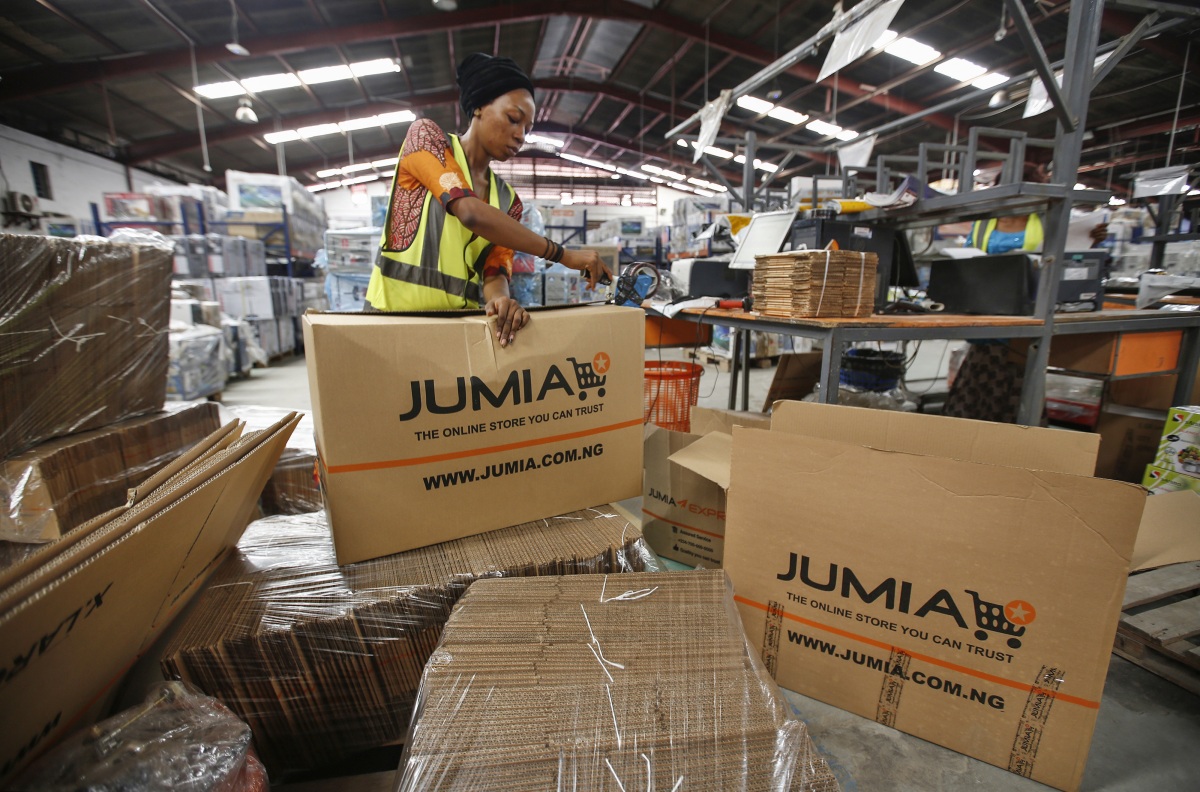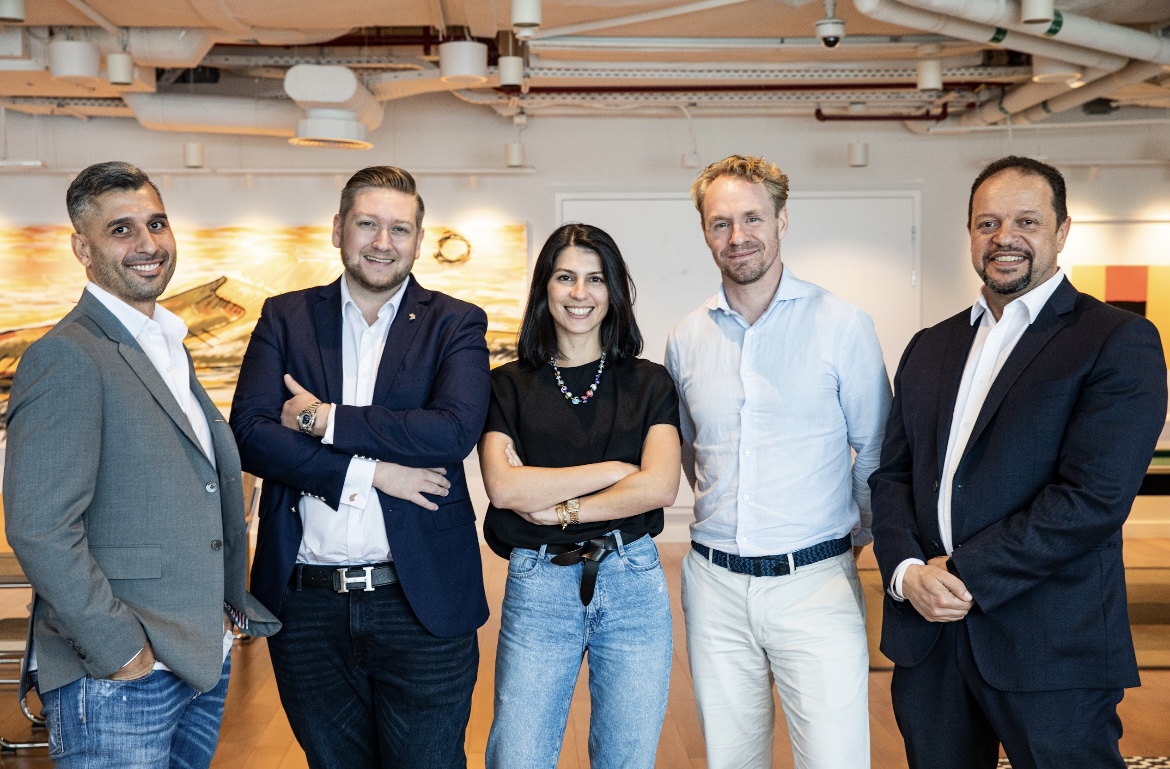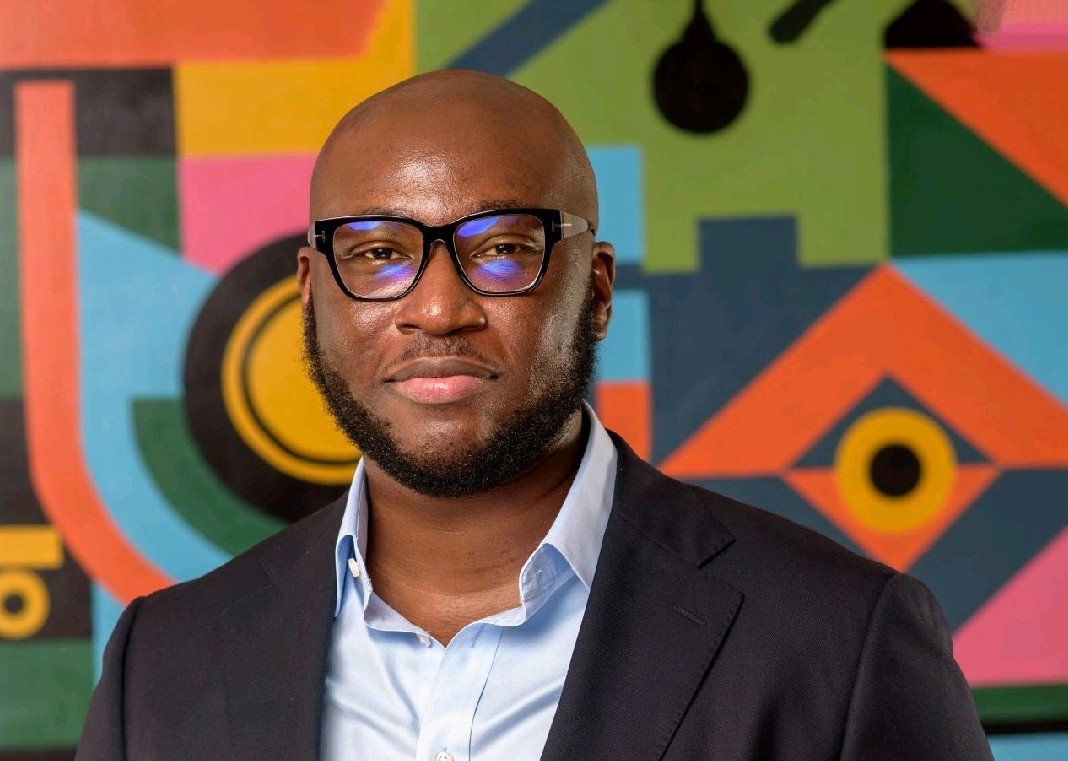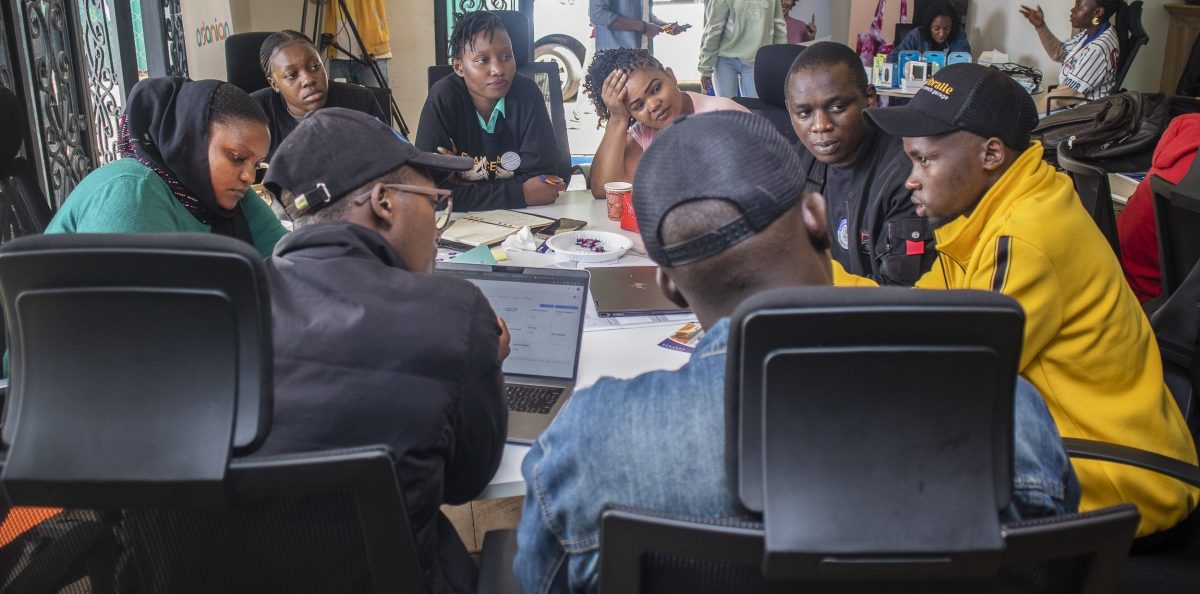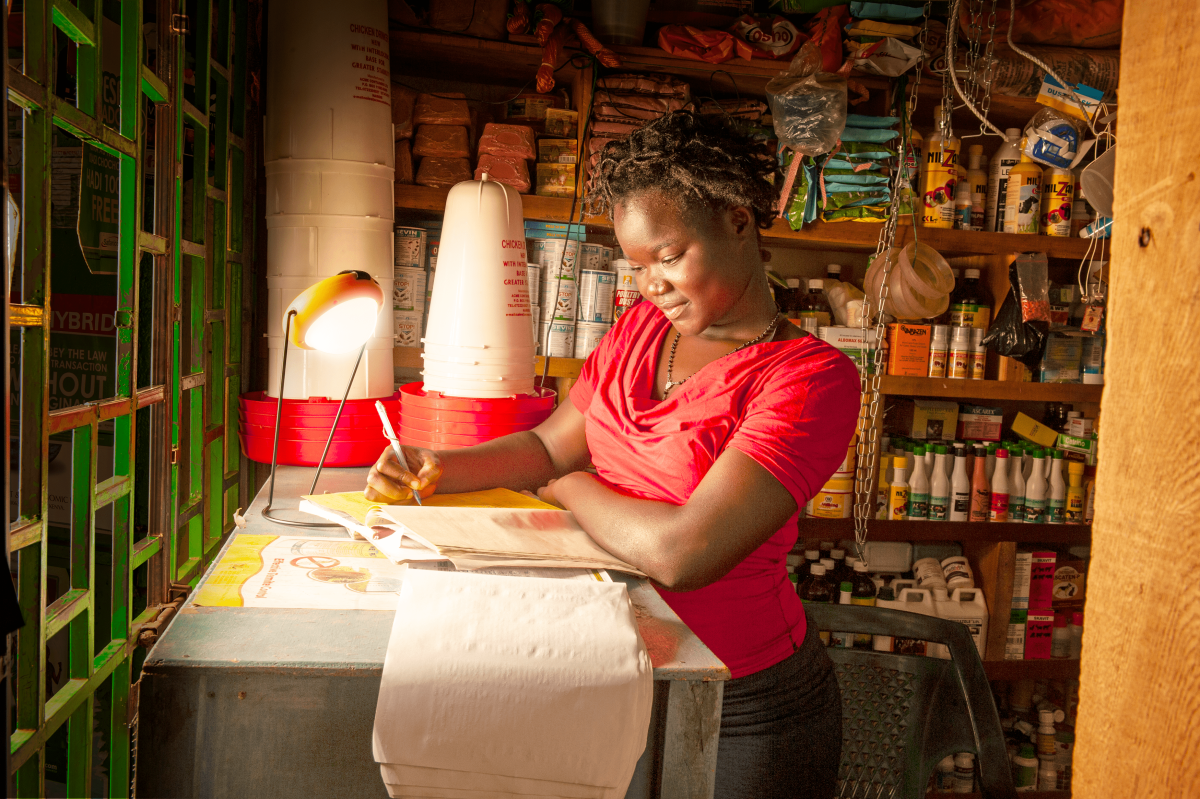Jumia to cut products and overheads as new management chase profits • ZebethMedia
Last Monday, Jumia co-founders Sacha Poignonnec and Jeremy Hodara resigned from their roles as co-CEOs, just ten days before the company’s third-quarter 2022 financial report. The end of their tenure, therefore, marked the first time a new face — Francis Dufay, the ex-chief at Jumia Ivory Coast and now acting CEO of Jumia — took charge of the investor briefing. On the call, Dufay was quick to emphasize why the e-commerce giant’s supervisory board decided to install new management, stressing that Jumia’s approach to turning a profit after half a decade of successive losses on the NYSE (as Africa’s first publicly traded company) required more deliberate execution and a return to basic e-commerce fundamentals. Jumia’s third-quarter report showed a glimpse into what this new approach could offer. For instance, the company’s operating loss and adjusted EBITDA loss fell double-digits year-over-year. Its operating loss declined 33% from $64 million to $43.2 million, while adjusted EBITDA losses were trimmed 13% from $52.5 million to $45.5 million; their lowest level in six quarters. This reduction in losses is driven by a material decline in marketing costs in the form of sales and advertising expenses, which decreased 31.5% from $24 million to $16.4 million year-over-year, and an improved monetization plan that saw gross profit increase of 29.2% within the same period. “We want to significantly improve our unit economics and create the right fundamentals for long-term growth. In the past, we’ve seen a lot of growth as a function of marketing, and promotional events, which then, as a consequence, lead to the alteration of our economics,” Dufay told ZebethMedia in an interview discussing Jumia’s new strategy. “This is not the way we want to see the future. And we believe that we have lots of success cases across our countries that show that we can grow and improve economics simultaneously.” Dufay said he wants Jumia to become a more attractive platform for its third-party vendors to sell on. One way Jumia plans to achieve this is to move away from monetization shortcuts it took in the past where it increased commissions for sellers’ services (for instance, it charges 20-25% for fashion items and 5-10% for electronic items). Instead, the company intends to generate new revenues through value-add such as advertising solutions and building a stronger local supply of goods. The latter, Dufay adds, is particularly important as Jumia battles local currency depreciation from its main markets: Nigeria, Egypt and Ivory Coast), which impacts its e-commerce business. According to the Q3 2022 report, the Nigerian Naira, Egyptian Pound and West African CFA depreciated by 5%, 14% and 13% respectively against the dollar during the nine-month period ending September 30, 2022, compared to the same period of 2021. Many companies around the world are dealing with the impacts of currency fluctuations. Jumia is a good example of the issue, with its revenues coming in at $50.5 million for Q3 2022, a figure that would have been $56.6 million if global currencies had held steady over the last year. “The volatility in foreign currencies has a big impact on us. Most importantly, it impacts the supply on the market and makes it harder for all retailers, including Jumia, to get the right supply at the right time to sell to customers,” said Dufay. “In several countries, for example, we have seen that governments have taken action to protect their currencies which often involves putting very big constraints on customs [which] inevitably impacts the kind of supply that we manage to bring to the website. But we believe that we are laying out the right plan to mitigate that, one of which is focusing a lot on capturing local supply from distributors and vendors, which is something very critical across all markets. Doing well on that part will help us mitigate the current macroeconomic situation.” As Jumia restructures its local supply chain, it’s scaling back some of its offerings that haven’t made a good return on investments across its eleven markets. Dufay added: “These are projects we don’t feel are adding the right value to our ecosystem, to our customers and vendors and the platform.” However, some of these product lines will continue to operate in a few markets. These include Jumia’s logistics-as-a-service platform, which launched some quarters back and at some point moved 3.5 million packages (still active in Nigeria, Ivory Coast and Morocco), and First Party grocery e-commerce (active in Nigeria and Ivory Coast). Jumia Prime, on the other hand, has been paused indefinitely. Launched in 2019, Jumia Prime was pitched as a subscription-based delivery service providing customers with free shipping on its marketplace. The product, modeled after Amazon Prime, was one of Jumia’s main user acquisition strategies, and while there are more than 3.1 million quarterly active customers on the platform (Q3 2022), it turns out this traction, and the volume of business Prime brought in compared to the level of investment it received, fell short of the company’s targets. According to Jumia, it’s discontinuing Jumia Prime because “it was too early in the adoption curve to push such a product” and it’s relieving the team in a broader effort to reduce the company’s General & Administrative (G&A) expense. Jumia’s G&A expenses, excluding share-based compensation, reached $28.3 million in Q3 2022, up 12% year-over-year. While the company implemented hiring freezes earlier this year, it intends to cut more staff costs and downsize in several areas, said Dufay. The number one corporate priority is to enact changes in the Dubai office, where most of the former management team was based, including the former co-CEOs. A handful of contracts have been terminated already (Dufay didn’t disclose how many) while those who still have roles at the company are relocating to various African offices as Jumia attempts to distribute its leadership across the continent. Jumia is also preparing to make significant changes and reduce staff size on a case-by-case basis in each of its markets by the end of the year. “We’re trying to be very clear
